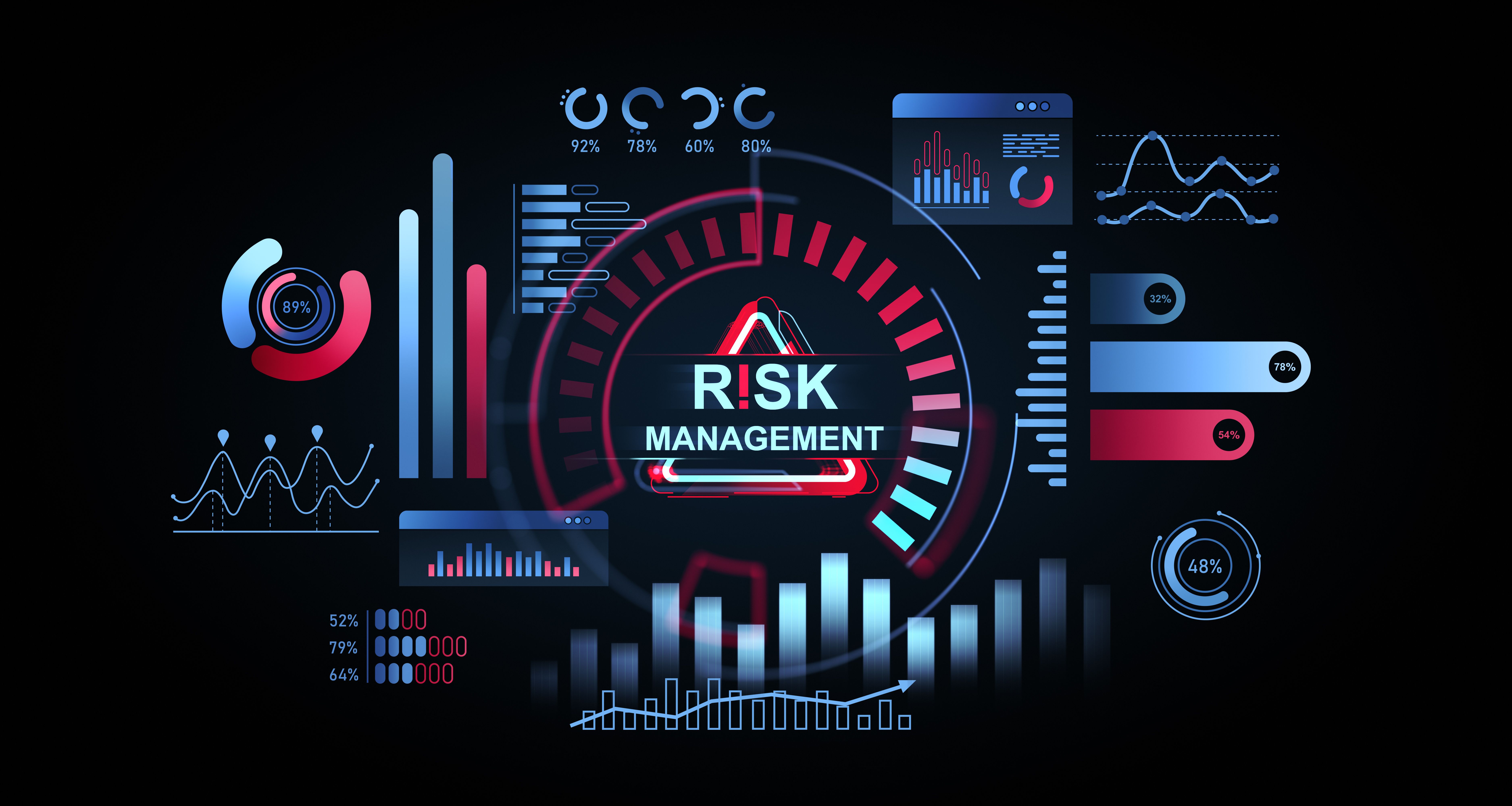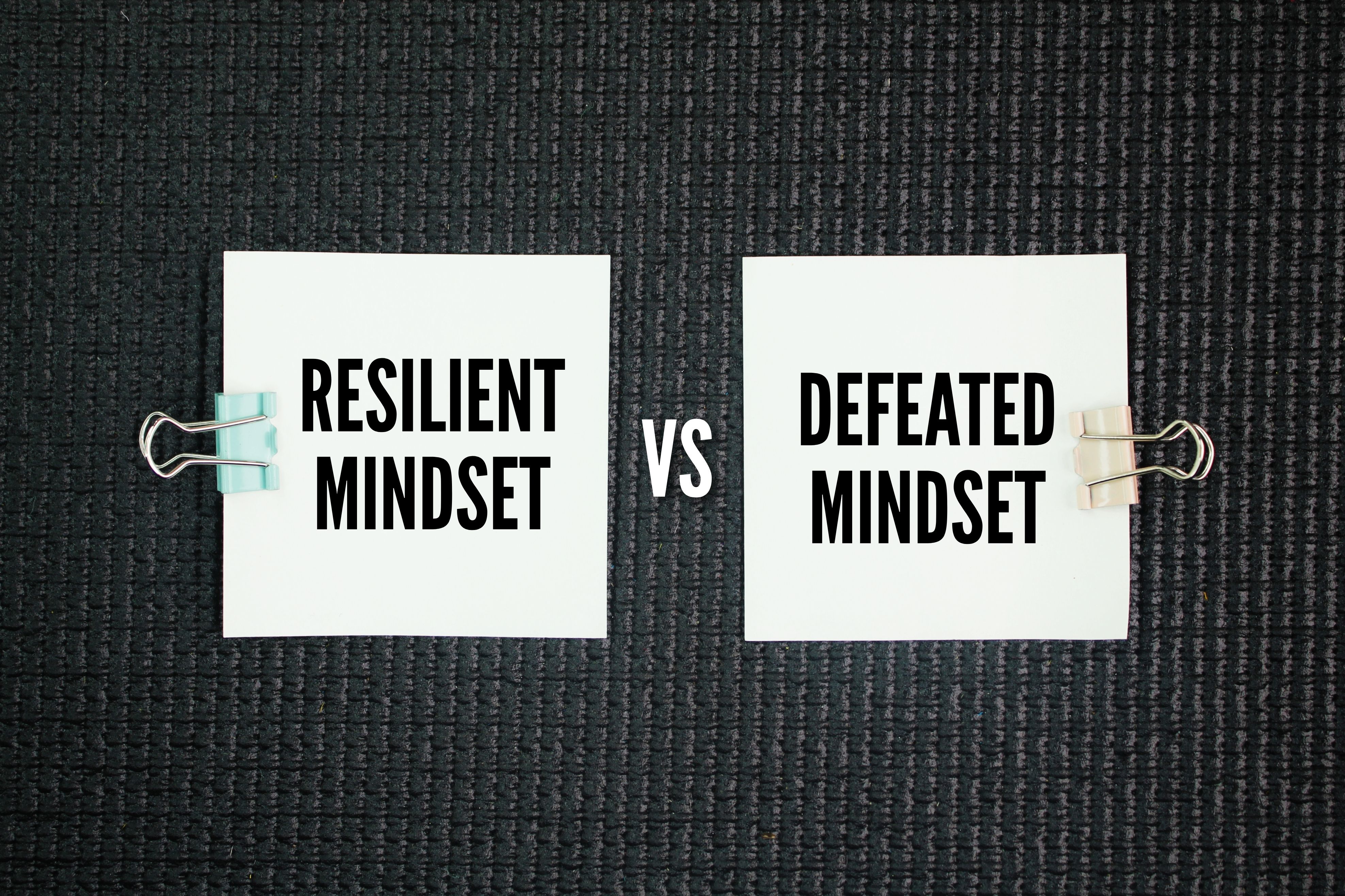Building a Resilient Financial Future: Insights from David Ruiz Aguiló
Understanding Financial Resilience
Building a resilient financial future is critical for navigating the uncertainties of life. David Ruiz Aguiló, a renowned financial strategist, emphasizes the importance of resilience in personal finance. According to David, resilience is the ability to withstand and recover from financial setbacks while maintaining long-term financial goals.
Aguiló suggests that financial resilience is not just about having a savings account or a diversified portfolio. It involves a comprehensive approach that includes risk management, strategic planning, and continuous learning. These elements help individuals adapt to changes and unforeseen circumstances, ensuring stability and growth.

Strategic Planning for Financial Stability
A key component of building financial resilience is strategic planning. David advises that individuals should begin by setting clear financial goals. These goals should be realistic, measurable, and aligned with one's life aspirations. By having a roadmap, individuals can better navigate their financial journey and make informed decisions.
Once goals are established, creating a budget is crucial. A well-structured budget helps track income and expenses, ensuring that one lives within their means. David stresses the importance of regularly reviewing and adjusting the budget to reflect changes in income or expenses. This proactive approach helps maintain financial stability even during challenging times.

Embracing Risk Management
Risk management is another vital aspect of financial resilience. David highlights the necessity of having an emergency fund to cover unexpected expenses. This fund acts as a financial buffer, preventing the need to dip into savings or take on debt during emergencies.
Insurance is another tool David recommends for managing risk. Whether it's health, life, or property insurance, having appropriate coverage can protect against significant financial losses. By safeguarding assets and income, insurance contributes to a more resilient financial future.

The Role of Continuous Learning
Continuous learning is essential for staying informed and making sound financial decisions. David encourages individuals to educate themselves about personal finance through books, online courses, and seminars. Staying updated on financial trends and changes in the economy can provide valuable insights for strategic planning.
Furthermore, seeking advice from financial professionals can offer personalized guidance tailored to individual circumstances. A financial advisor can help identify areas for improvement and recommend strategies for achieving long-term goals.
Building a Resilient Mindset
David believes that cultivating a resilient mindset is as important as any financial strategy. This involves maintaining a positive outlook and being adaptable in the face of challenges. By viewing setbacks as opportunities for growth, individuals can remain focused on their goals and continue progressing.
Ultimately, building a resilient financial future requires dedication and perseverance. By following David's insights on strategic planning, risk management, and continuous learning, individuals can create a robust financial foundation capable of withstanding life's uncertainties.

